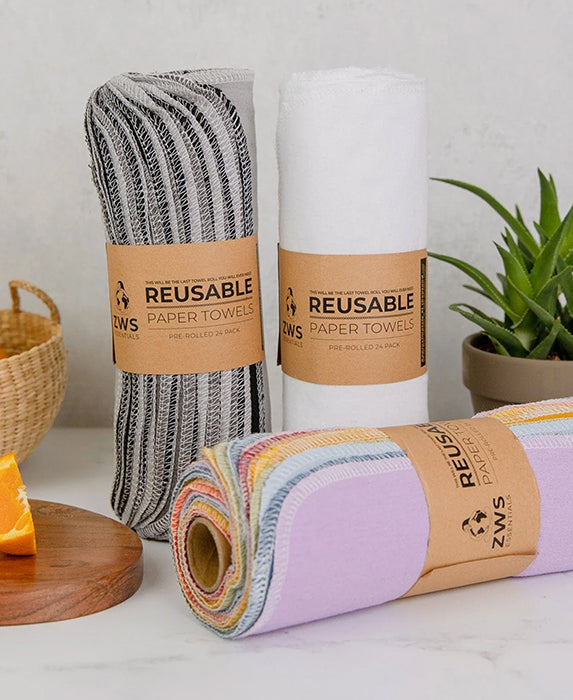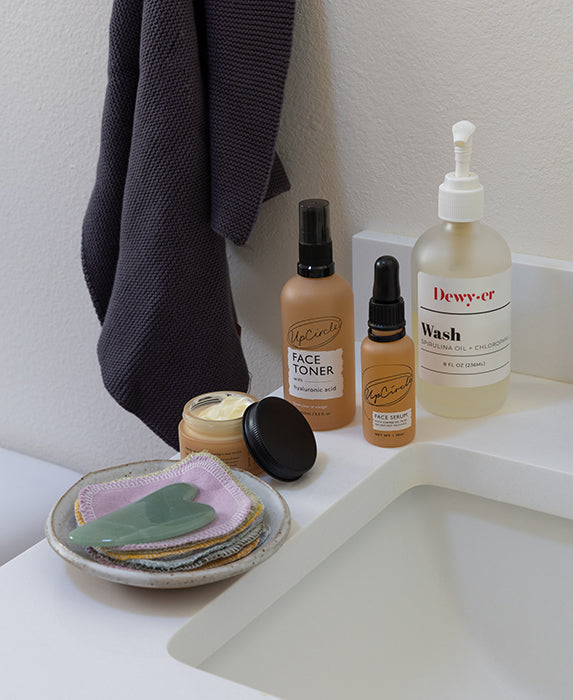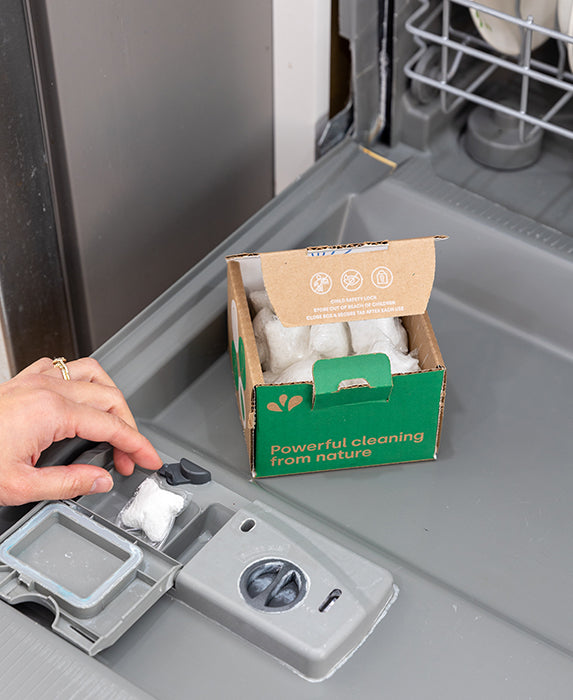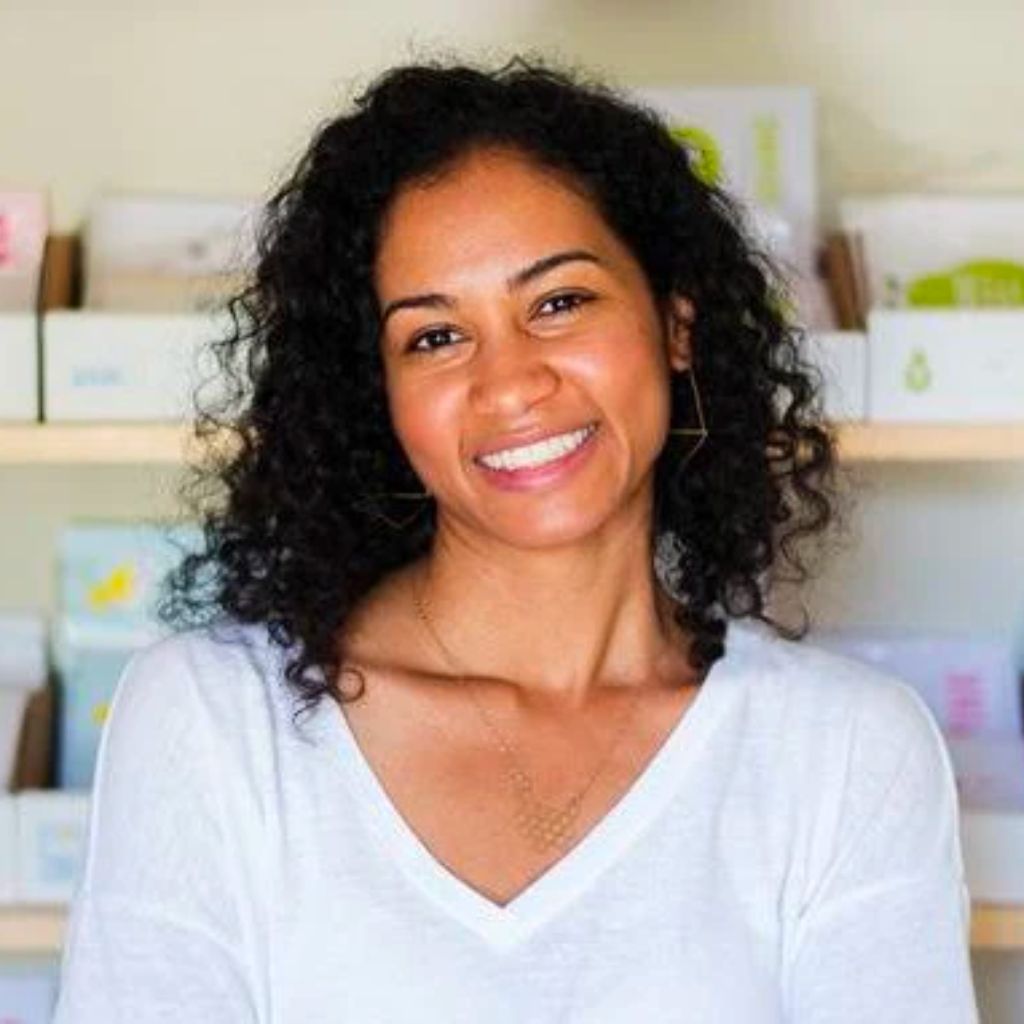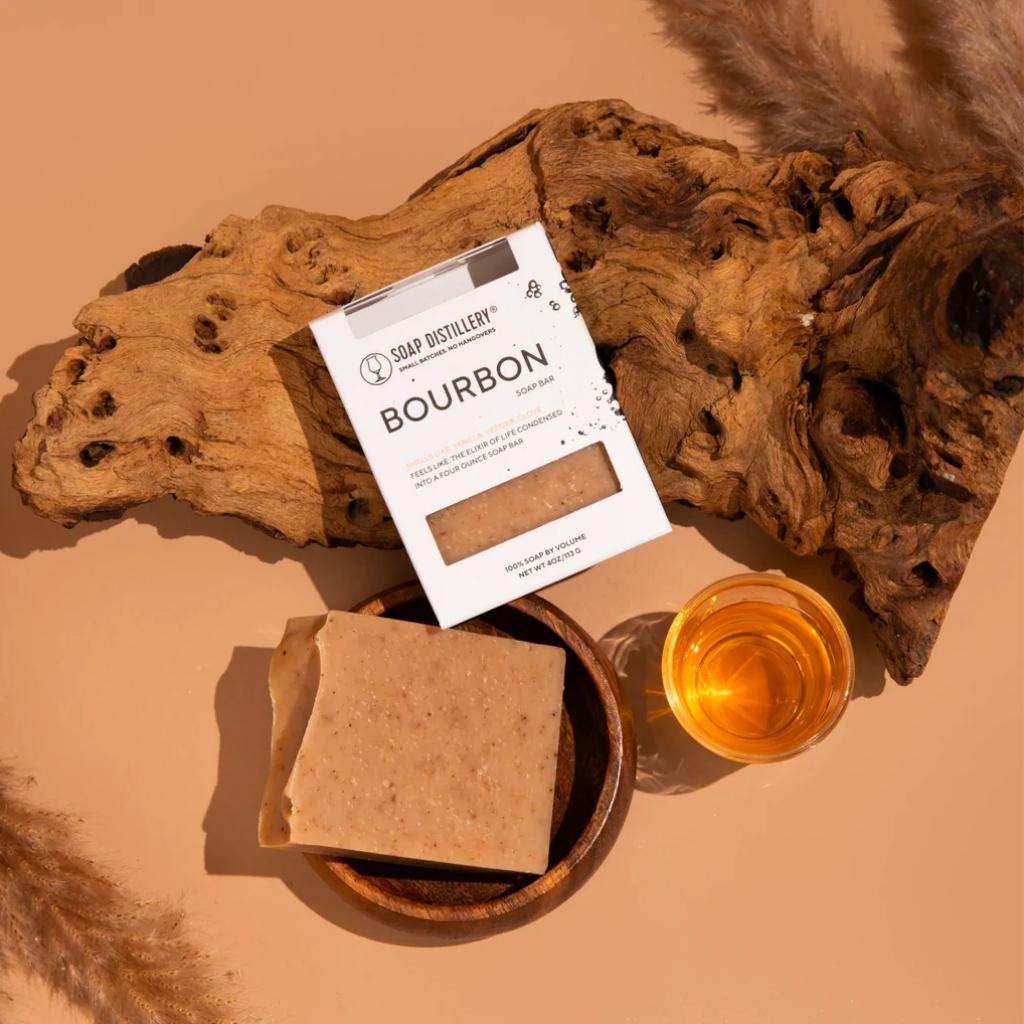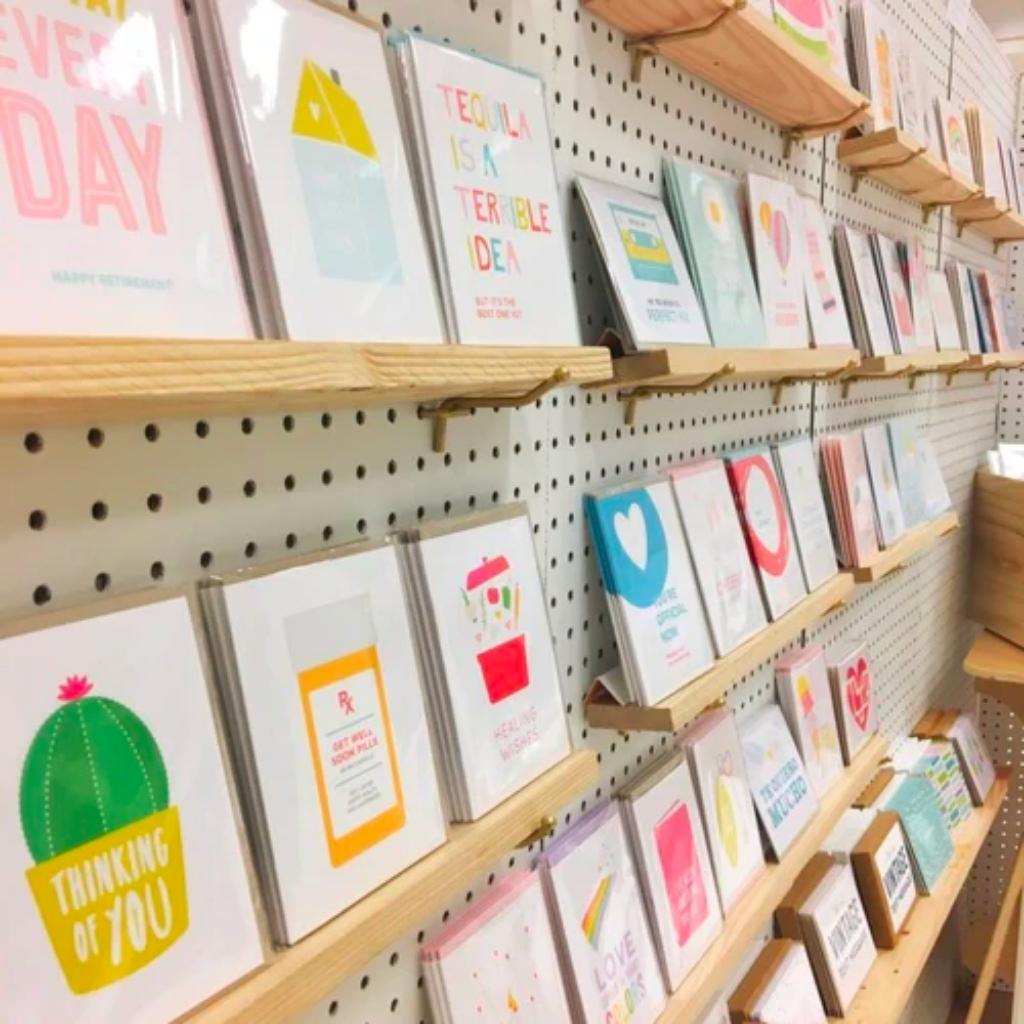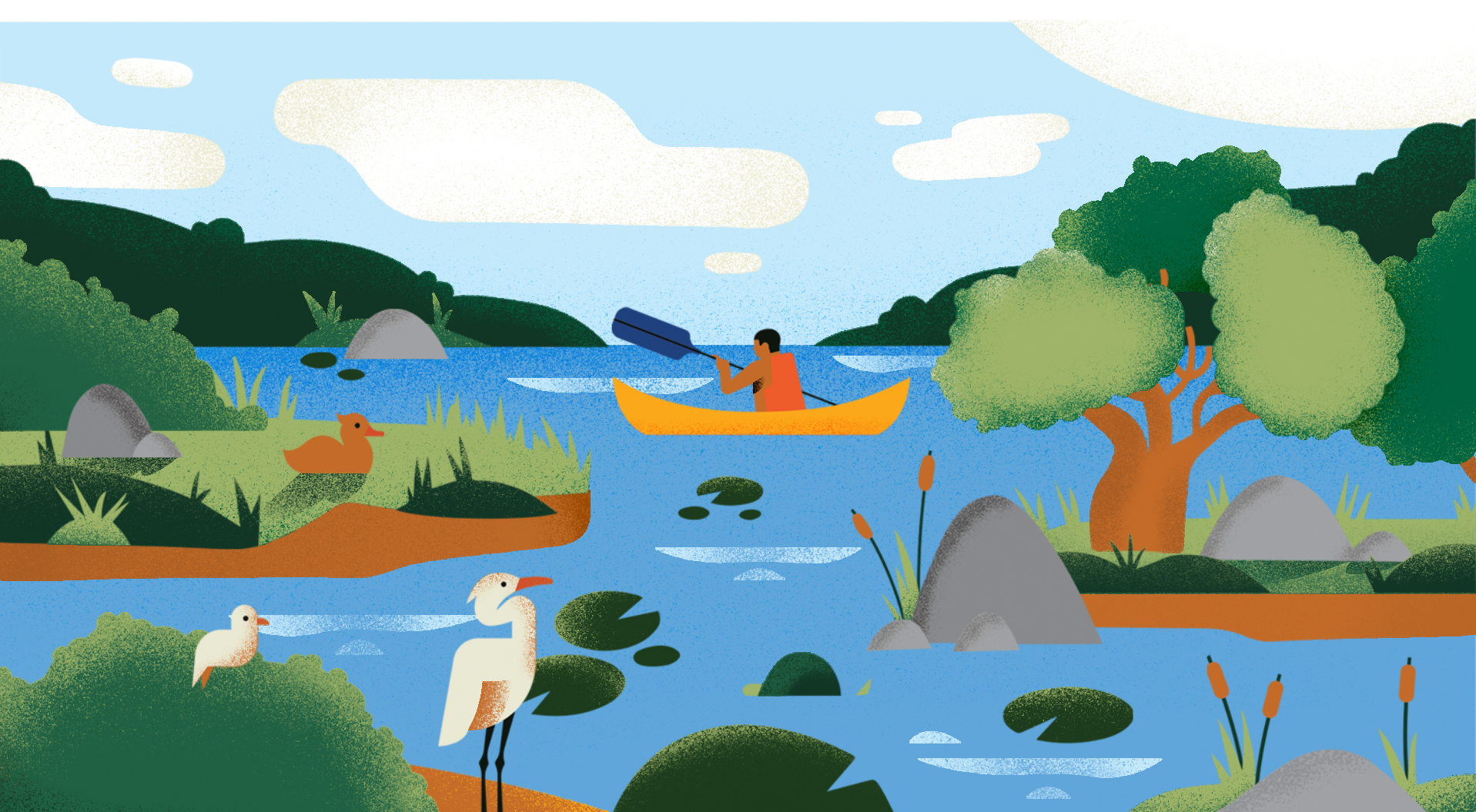While we plan to highlight and champion Black brands and trailblazers leading climate activism and enacting positive change in our communities, we also want to call attention to why we don’t do it more often. EarthHero aims to be an educational and activist platform for sustainability, and that means not leaving anyone behind. For us, it starts with acknowledging where we’re lacking and committing to doing better – this is the first step of many.
We thank you immensely for your continual support and for calling us in when we’re in the wrong, and for offering helpful suggestions. Together, we aim to do better and be better, not just this month, but always!
We only have 7 Black-owned brands

Yes, as of February 2022, we only have seven black-owned brands, amongst the 250+ brands on the EarthHero marketplace. We love our partnership and connection to these brands and love telling their stories, but we can do better and are actively working to do so.
The truth is, Black entrepreneurs, encounter many more challenges when it comes to starting, funding, and scaling a brand and because of this, there is a huge lack of black-owned companies in the sustainability space (and beyond). EarthHero commits to seeking out these brands and sharing their products and stories with you.
The exclusion of Black success is systemic
At EarthHero, we have always prioritized sourcing brands that meet only the highest standards of sustainability.
For example, we value brands that have certifications such as B Crop and 1% For The Planet. However, these certifications cost money, and by requiring or preferring that brands hold certifications, we can often neglect the impact of familial wealth, social capital, and corporate racism on black business success.
We acknowledge this and commit to recognizing this barrier when adding new brands to our site, while always ensuring the highest level of sustainability for each of our brands.
Black erasure is also systemic. So what is it exactly?

Within the sustainability movement, black erasure is common. Because climate change affects People of Color (and specifically Black and Indigenous communities) more than it does white people, environmental racism is often neglected. Instead “trendy” sustainability topics and activism are brought to the forefront in the form of headlines and trending topics. This, therefore, erases the voices of People of Color who have been speaking about environmental racism and other environmental issues for decades.
Black voices have been central in the climate movement since its inception, including trailblazer Dr. Warren Washington, revolutionary Hazel Johnson, Dr. Robert Bullard, and so many more.
There are many barriers within sustainability
Since climate change is an increasing concern, more and more people are joining in to enact positive change. However, this can lead to entry barriers.
For many reasons, using sustainable ingredients and materials can be expensive which can be a huge barrier for some. Also, as we mentioned, at EarthHero, we prioritize third-party certifications because they ensure transparency and accountability. But they are also expensive!
For someone starting their business from scratch (sometimes from one’s own kitchen), paying more to certify organic, for example, is sometimes not an option.
We are actively combatting exclusive sourcing practices

Not only have we committed to sourcing diverse brands and products on EarthHero, but we also support our brands’ success by offering affordable and doable suggestions to become more eco-friendly.
We are working on creating specific diverse sourcing goals, which we are excited to share soon. We thank you for your support and patience in the meantime.
Are there any black-owned brands you want to see at EarthHero?
Feel free to either leave a comment below or email us at hello@earthhero.com, we always love hearing your suggestions!


